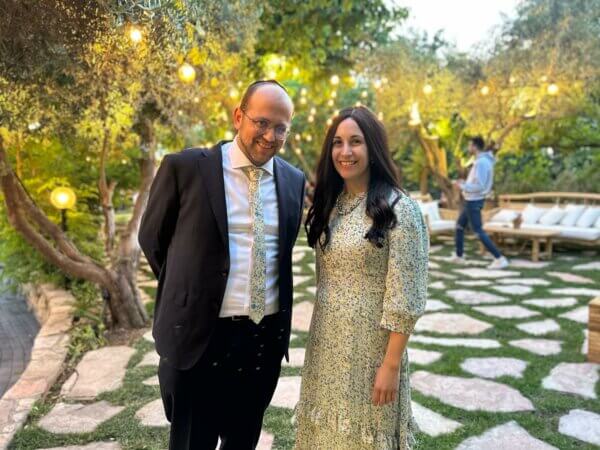VOLUME 95 NUMBER 1
March 19, 2021
NISSAN 6, 5781
PARSHAS VAYIKRA
Candlelighting Time 6:53 PM
We are prohibited to offer a sacrifice that is stolen. The Talmud provides an analogy to illustrate this point. A king was passing through the toll collector. He told his servants that they should pay the appropriate tax. They questioned him because anyway all that is collected belongs to the king anyway. He responded that if others will see that he conducts himself properly and does not try to avoid the toll, then they will also realize the importance of not stealing and pay their taxes as well. So too, Hashem declares through his prophet Yeshayahu that He despises stolen property to be utilized for a sacrifice.
Meshech Chochmah notes that the Torah specifically mandates that a burnt offering can’t be brought from stolen goods, even though this law applies to all types of sacrifices even where the entire offering is not burnt but rather shared by the owners and the kohanim. The upshot is that the Torah didn’t prohibit a stolen sacrifice because the owner benefits from others illegally, rather the concept of exploiting others’ property even though there is no personal advantage is the point. That is the crux of the Talmud’s analogy that even though the king obviously did not expect to benefit from circumventing the collector’s station, nonetheless, the act of stealing invalidates one’s fulfillment of a mitzvah.
The Talmud states that Hashem wants our heart. The underlying theme of that assertion is that although of course, our actions count, and we must always strive to fulfill as many mitzvos as possible, the significance of performing mitzvos is to enhance the essence of the individual. Our hearts, the passionate aspect of every person, must be fixated and focused on that objective. That is why we recite twice daily in the Shema that we must love Hashem with our entire heart, the seat of emotion and zeal that displays the true inner persona of each one of us.
However, the importance of one’s heart in serving Hashem penetrates much deeper. Ramchal in his seminal work, Path of the Just, explains that the heart is the king of the limbs. Just as we understand in a physical sense that the life-giving blood is pumped every moment throughout our entire body to give us sustenance, so too on the spiritual level, source and fount of our body to perform efficiently the mitzvos, hinges upon the degree to which our hearts our in tune with Hashem. Accordingly, if our hearts are deficient and not yearning and longing to excel in our service of Hashem, then subsequently our performance of mitzvos will be inferior.
Therefore, this point is very poignantly brought out that even the burnt sacrifice, which is totally to Hashem, still if there is any association with thievery then the entire offering is invalid and actually despised by Hashem since it is immoral in the sense that we are not subscribing to the ultimate realization of our responsibility to adhere to the Torah.
We are on the threshold of Pesach where any shred of chometz, any unleavened substance is prohibited. In preparation for that special Yom Tov, it is worthwhile begin ridding ourselves of those distractions in our lives that create havoc within our hearts and detract us from our expected and anticipated goals in life.
A BYTE FOR SHABBOS
A poor man is allowed to bring a flour sacrifice since he cannot afford more. However, the wealthier individual cannot fulfill his obligation with the type of offering that a poor man can bring. This is a lesson that when we give charity we must give according to our means.
~CHOFETZ CHAIM
GOOD SHABBOS


